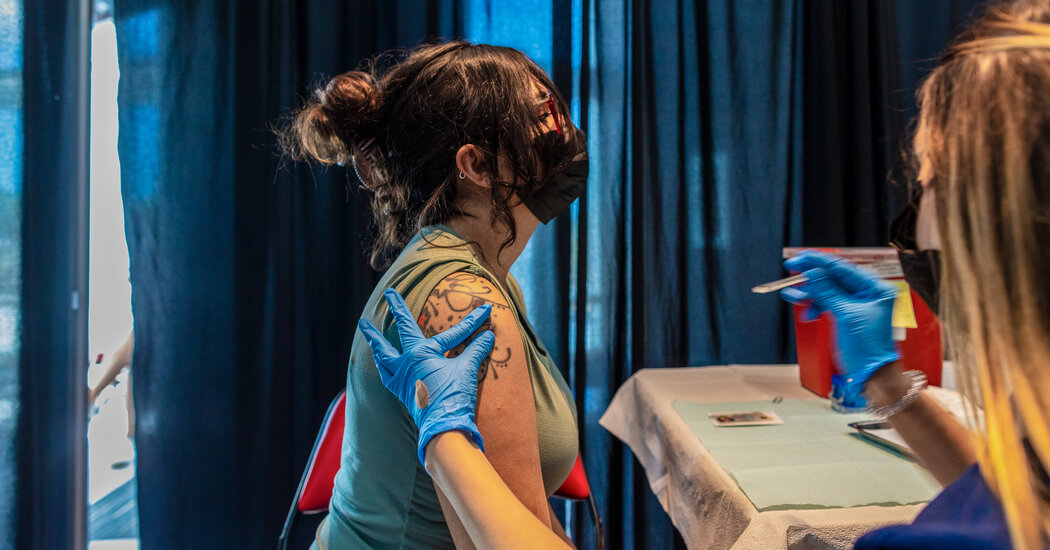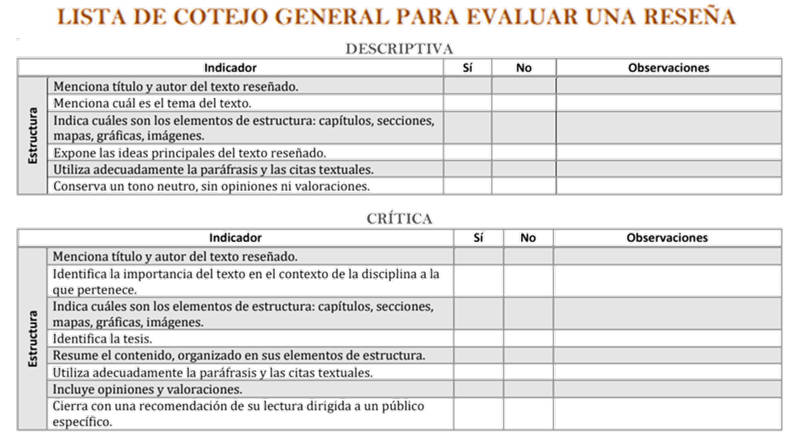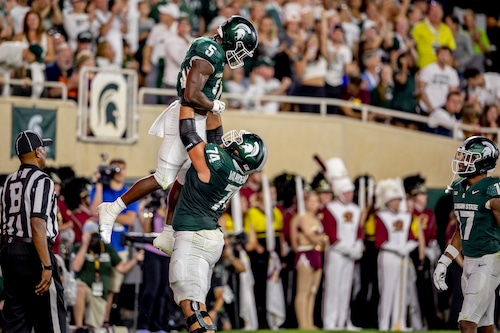Is COVID-19 Vaccination Key To Preventing Long COVID?

Table of Contents
The Link Between COVID-19 Severity and Long COVID Risk
The severity of the initial COVID-19 infection is strongly linked to the risk of developing Long COVID. Studies consistently show a greater likelihood of developing long-term COVID symptoms among those who experienced severe illness. Hospitalization, in particular, is a significant risk factor. Individuals requiring intensive care or ventilation are at substantially higher risk of post-COVID syndrome. This is largely because more severe infections lead to more extensive inflammation and damage to various organ systems. Crucially, COVID-19 vaccination significantly reduces the severity of COVID-19.
- Reduced risk of hospitalization: Vaccination dramatically decreases the likelihood of severe illness requiring hospitalization, thus mitigating a key risk factor for Long COVID.
- Lower viral load: Vaccination helps lower the viral load, reducing the duration and intensity of infection, and minimizing the potential for long-term damage.
- Milder symptoms: Vaccinated individuals tend to experience milder symptoms, which are less likely to lead to the persistent problems associated with Long COVID.
COVID-19 Vaccination and Reduced Long COVID Incidence
Emerging research indicates a strong correlation between COVID-19 vaccination and a reduced incidence of Long COVID. Several studies suggest that individuals who are fully vaccinated have a lower risk of developing long-term symptoms compared to unvaccinated individuals. This protective effect is likely due to the vaccine's ability to reduce the severity of infection, as discussed previously. By preventing severe illness, vaccination minimizes the chances of the prolonged inflammation and organ damage associated with Long COVID.
However, it's crucial to acknowledge limitations in current research. Studies are ongoing, and more data is needed to fully understand the nuances of the relationship between vaccination and Long COVID prevention. Further research will help clarify aspects like the long-term protective effects of different vaccine types and booster doses.
- Studies showing lower Long COVID rates in vaccinated individuals: While the exact percentage reduction varies across studies, a consistent trend of lower Long COVID rates among vaccinated individuals is emerging.
- Reduced risk of persistent symptoms: Vaccination seems to reduce the risk of various persistent symptoms, including fatigue, brain fog, and shortness of breath.
- Potential for reduced symptom severity in vaccinated individuals who still develop Long COVID: Even if vaccinated individuals develop Long COVID, the severity of their symptoms may be less debilitating than in unvaccinated individuals.
Vaccine Types and Long COVID Prevention
Currently available COVID-19 vaccines, including mRNA vaccines (like Pfizer-BioNTech and Moderna) and viral vector vaccines (like AstraZeneca and Johnson & Johnson), demonstrate effectiveness against severe COVID-19 and hospitalization. While research specifically comparing the efficacy of different vaccine types in preventing Long COVID is still ongoing, the overall trend suggests a beneficial effect across different vaccine platforms. Completing the recommended vaccination course, including booster shots when eligible, remains crucial for maximizing protection against both severe COVID-19 and potentially Long COVID.
- Effectiveness of different vaccine types against Long COVID: Ongoing studies are comparing the long-term protective effects of various vaccine types against Long COVID.
- Importance of booster shots: Booster doses enhance immunity and may offer further protection against Long COVID.
- Current research into vaccine efficacy and Long COVID prevention: Researchers are actively investigating the specific mechanisms through which vaccines might prevent or mitigate Long COVID.
Beyond Vaccination: Other Factors Affecting Long COVID Risk
While COVID-19 vaccination is a vital tool in preventing Long COVID, it's not the sole determining factor. Other factors significantly influence an individual's risk, including age, pre-existing health conditions (comorbidities), and lifestyle choices. Older individuals and those with underlying conditions like diabetes, heart disease, or obesity tend to have a higher risk of severe COVID-19 and consequently, a greater likelihood of developing Long COVID. Lifestyle factors such as smoking, poor diet, and lack of physical activity can also increase susceptibility.
- Role of comorbidities: Pre-existing health conditions significantly increase the risk of both severe COVID-19 and Long COVID.
- Importance of healthy lifestyle choices: Maintaining a healthy lifestyle, including a balanced diet, regular exercise, and avoiding smoking, can support overall health and resilience against Long COVID.
- Impact of age on Long COVID risk: Older age is a significant risk factor for severe COVID-19 and the subsequent development of Long COVID.
Conclusion
While research continues to evolve, the available evidence strongly suggests that COVID-19 vaccination is a crucial strategy in preventing Long COVID. By significantly reducing the severity of COVID-19 infection, vaccination minimizes the probability of developing this debilitating condition. However, other factors contribute to Long COVID risk, highlighting the importance of a comprehensive approach to health and well-being. This includes managing pre-existing conditions, adopting a healthy lifestyle, and staying up-to-date on vaccination recommendations.
Call to Action: Protecting yourself from Long COVID starts with getting fully vaccinated against COVID-19 and staying up-to-date with boosters. Consult with your healthcare provider to discuss your vaccination status and stay informed about the latest recommendations regarding COVID-19 prevention and Long COVID. Don't delay – your health is worth it. Learn more about COVID-19 vaccination and Long COVID prevention today.

Featured Posts
-
 Sinners A Louisiana Horror Movie Arrives In Theaters Soon
May 29, 2025
Sinners A Louisiana Horror Movie Arrives In Theaters Soon
May 29, 2025 -
 Admision Escolar En Aragon 58 Colegios Con Listas De Espera Que Opciones Hay
May 29, 2025
Admision Escolar En Aragon 58 Colegios Con Listas De Espera Que Opciones Hay
May 29, 2025 -
 Five Year Plan Telus To Boost Network Capacity And Coverage
May 29, 2025
Five Year Plan Telus To Boost Network Capacity And Coverage
May 29, 2025 -
 Stock Journal Vater Machinerys New Holland Dealer Of The Year Win
May 29, 2025
Stock Journal Vater Machinerys New Holland Dealer Of The Year Win
May 29, 2025 -
 New York Rangers Change Of Mind Ushers In Roster Shakeup
May 29, 2025
New York Rangers Change Of Mind Ushers In Roster Shakeup
May 29, 2025
